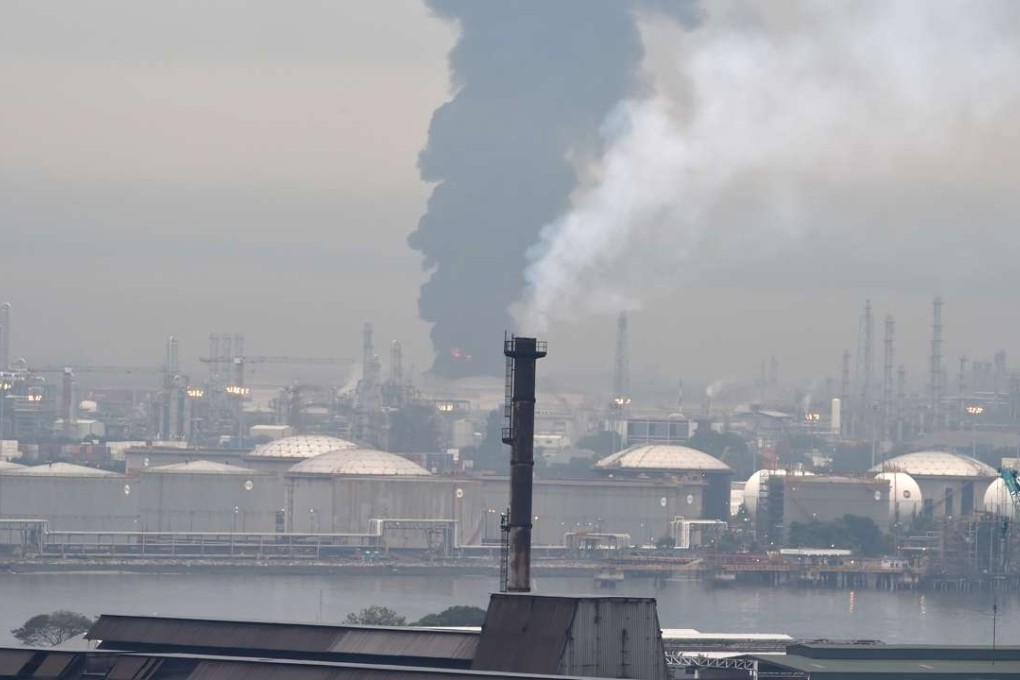Is Singapore heading for recession?
Official estimates that suggest modest growth hide a deeper malaise as manufacturing and services stutter amid global uncertainty

When Wendy Ting splashed out S$4,000 (HK$23,000) renting a pushcart to sell Japanese cuddly toys in a busy suburban mall in Singapore, her hope was simply to eke out a small profit.
Despite being parked in the middle of AMK Hub, a mall linked to the subway in one of the city’s most densely populated housing estates, Ting sold just S$1,000 worth of toys over two months.
“Lots of kids were interested but the parents kept saying, ‘so expensive, no money to buy’,” said Ting, 22, who eventually closed the stall and lost S$5,000.
Belt-tightening is just one of many signs that not all is well with the Singapore economy.
On paper, it is chugging along as is expected of a mature and developed economy.